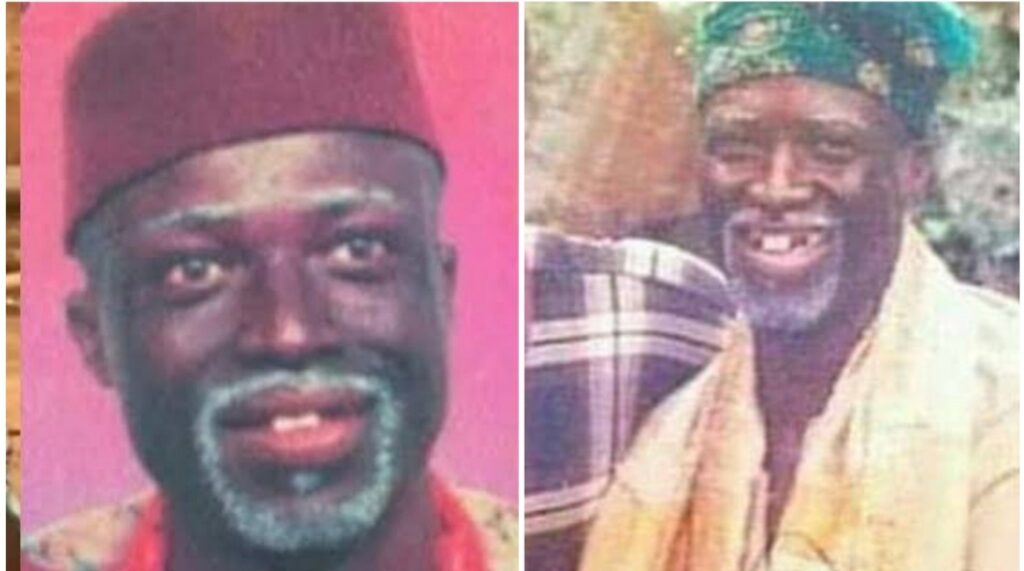In the grand scheme of things, destiny is quite important. If you are meant for greatness, you may go through difficult times, but you will still succeed. Those who pursued grandeur labored assiduously to ascend the ladder but were unable to reach the peak. Simply put, fate has not been kind to them.
Obstacles, impediments, or malicious plans can merely delay or alter the outcome but not fully change it. Even if you are meant for greatness, you must still put in hard work. Those who are meant for greatness but choose not to work towards it end up becoming less than their true potential.
The life narrative of Muftau Oladokun, better known by his stage name “Alaran,” is highly reminiscent of the accounts of “accidental actors” whose influence eventually dominated the cinema business. Oladokun was simply hired as a driver by a theater company, and his only responsibility was to transport actors and crew to the shooting location, helped them unload their equipments.
‘Alaran’ was considered to be a very joyful person, but he was viewed more as a clown than as a comic actor who could grace the screen with his comedic abilities. ‘Alaran’ carries on making jokes, unaware that the more he plays, the nearer he comes to the place where fate is guiding him.
He had an opportunity to interact with destiny on a fateful day. Improvisation became necessary because the comic actor who was meant to perform a comic role was unable to show up.
Oladokun, also known as “Alaran,” was requested to portray the part but went above and above. He played his part masterfully and did a great job of interpreting the scripts. Oladokun is undoubtedly a joker by nature, but who would have thought that the driver for the leader of a theater troupe could accomplish so much?
Oladokun, also called “Alaran,” rose to prominence and gained popularity quickly. A driver who switched to acting had to compete for space with people like Mr. Latin, Baba Suwe, Koledowo, and Dejo Tunfulu, among others.
Oladokun, also referred to as “Alaran,” was wise. Instead of viewing them as rivals, he found a new niche for himself. Instead of copying an already existing style, he sat down and devised a fresh approach to stand out and be unique. He was unusual and unique, yes.
He didn’t imitate Dejo Tunfulu, whose act was making jokes while stuttering, or Babatunde Omidina “Baba Suwe,” whose involved donning a black face paint and wearing uncomfortable clothing.
Oladokun, sometimes known as “Alaran,” used to hold his slippers in his hands rather than having them on his foot. Any time you see “Alaran” in a movie, he is unquestionably playing a “Amebo.” His style won over many, and he expanded quickly.
Muftau Oladokun popularly known as ‘Alaran’ was born and raised in Ibadan, the capital of Oyo State. According to findings, he did not go to school. He married one wife and gave birth to four children namely; Doyin, Deji and two others.
Sadly, he died at the peak of his career. When he died at the age of 46, his fans thought he would probably raise from dead but he did not. ‘Alaran’ left the world at the time he was needed most in the film industry.
